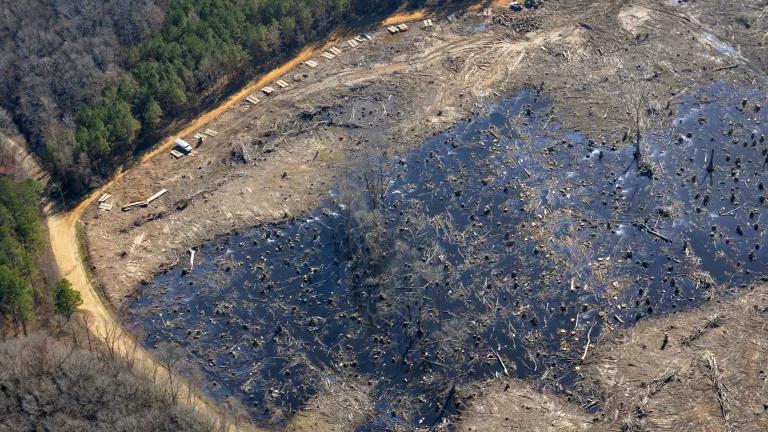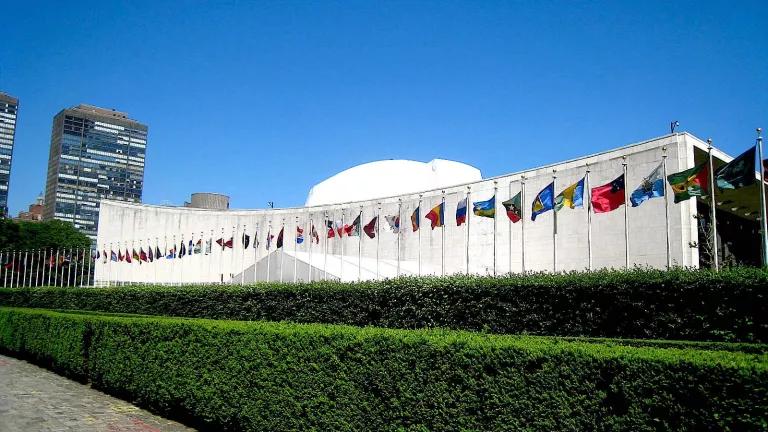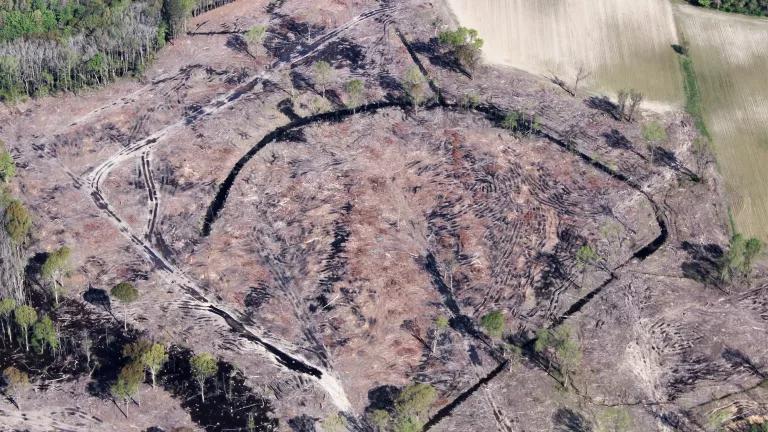
At the 15th Conference of the Parties to the Convention on Biological Diversity (CBD COP15), which begins this week, parties will negotiate the language of draft target 18 on subsidies that contribute to biodiversity loss.
We hope this language will be very strong, especially given that redirecting these subsidies could likely fill the $600-$800 billion biodiversity funding gap.
That’s because some of these subsidies are enormous. For example, the UK directs almost £2 billion in subsidies to biomass every single year—most of them to a single company (Drax). And a recent NRDC-commissioned report by Trinomics found that just 10 European countries subsidize energy with €6.3 billion every year.
Unfortunately, these whopping amounts of anti-biodiversity subsidies are only likely to grow as Powering Past Coal Alliance members and other countries increasingly look to biomass to meet net zero goals.
And there’s no end in sight—because bioenergy’s biggest cost is the fuel it buys (i.e., wood pellets), subsidies won’t help make it financially independent in the long-term. There’s little likelihood bioenergy would ever be able to survive without the lifeline of subsidies.
While countries pour money into this fake renewable energy, bioenergy is leading to massive forest degradation and loss that undermines the very commitments countries are making at CBD. Indeed, increasing evidence shows that it’s causing the clearcutting of primary forests (e.g., Canada’s Boreal), ancient forests (e.g., Romania), protected areas (e.g., Estonia’s Natura 2000 reserves), biodiversity hotspots (e.g., the North American Coastal Plain Biodiversity Hotspot), wetlands, and peatlands the world over—many of the very areas countries would turn to first to meet 30x30 goals. Nearly 800 scientists stated that supplying an additional 2% of global energy with biomass would require doubling logging rates of global forests. We simply don’t have the forests to meet this increasing demand for bioenergy.
Bioenergy, of course, also worsens climate change. For example, the UK’s largest bioenergy producer – Drax – is also it’s #1 polluter. Yes, you read that right. It’s bananas.
At CBD, we hope countries must start recognizing biomass as the fake renewable it is and start seriously questioning their subsidies to this destructive energy form. This is a lot of money we’re talking about—just think of the good it could do were it directed to nature-positive subsidies.



